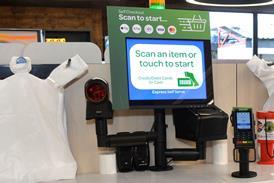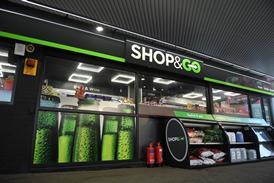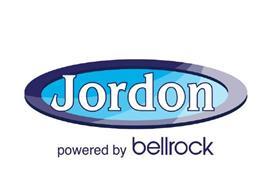January’s always a bit of a grim month and this year’s could be grimmer as that ’credit crunch’ we’ve all been hearing about since last summer is about to hit - hard and soon. For most of us (at least those among us who don’t have an account with Northern Rock), the constant mentions in the news about the problems of huge multinational banking conglomerates may have seemed totally unconnected with the real world, where trade has largely continued as normal.
But just what has it got to do with the real world of cars on the forecourt and customers in the shop?
Well, several things actually. But they don’t happen instantly, which is why we haven’t seen the full impact yet. First let’s forget the economists’ complicated jargon and see what’s happened to the banking system in simple terms. By lending money to people who can’t repay the loans, the banks themselves have run out of cash to lend to each other and to anyone else.
Now in extreme cases when a bank runs out of cash, and when no other bank will lend it any, rather than declare itself insolvent it can go to the ’lender of last resort’, in this case the Bank of England, and borrow some more from the taxpayer. But that’s both extreme and (thankfully) rare.
Usually a bank’s first reaction to such problems is simply to borrow from each other. If things stay tight, they start to restrict how much they’ll lend each other and that in turn affects how much they can lend their existing and potential customers. And that’s where we are right now - and you can tell it’s serious because the Bank of England has actually started to cut the Base Rate in an attempt to provide some cheap borrowing into the market - even though the government’s inflation target is being broken almost every month.
Unfortunately, while we’ve all got used to the media shorthand that Base Rate is the beginning and end of everything in the banking world, in reality it isn’t. The actual rate at which banks lend money to each other is known as LIBOR (the London Inter-Bank Offered Rate) and that hasn’t gone down with Base Rate -it’s gone up. As a result, forget the Base Rate cut suggesting cheaper loans, in the real world they won’t be.
When things get even tighter the banks try to get their customers to repay some of their borrowings. So one early impact on the real world is that anyone with an overdraft coming up for renewal in the next few months may find that their bank wishes to reduce the borrowing limit considerably. It’s already started with credit card lenders, some of whom have begun to cut credit limits on cards that don’t get fully used.
Next, we have those businesses which were hoping to expand. You wanted to install that new car wash that you’ve been planning all last year, and it’ll need £75,000 to get it in and running?
Well, the bank will want to see a thorough and realistic business plan from you to show them what its £75,000 will generate as profit before they agree to lend you the money. And any loan period will probably be shorter than it would have been last year, with a higher interest rate. And if your business plans included buying another site this year expect mortgages to be harder to come by, although every cloud does have a silver lining and site values will probably fall quite rapidly.
Why? For a start the would-be housebuilders have already felt the chill wind in the housing market so they won’t be desperately buying up every old suburban forecourt. Secondly, large numbers of working UK petrol sites that used to be owned by the oil majors are now just part of some property company’s investment portfolio. Many of those property speculators have also heard the tolling of the bell and seen their share prices fall through the floor. So watch the media for sudden disposals of wholesale chunks of forecourt networks as their recent speculator-owners have to flog them to repay some of their borrowings. And the buyers are likely to be those cash-rich operators who don’t need to finance the purchase through borrowing. So we’re likely to see some new network chains appearing this year as they pick up sites that will be selling much closer to their real, commercial, value for the first time in years.
You can bet that any list of major independent forecourt networks at the end of 2008 will be rather different to that of 2007.























No comments yet